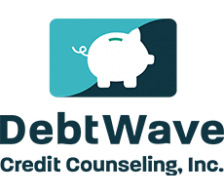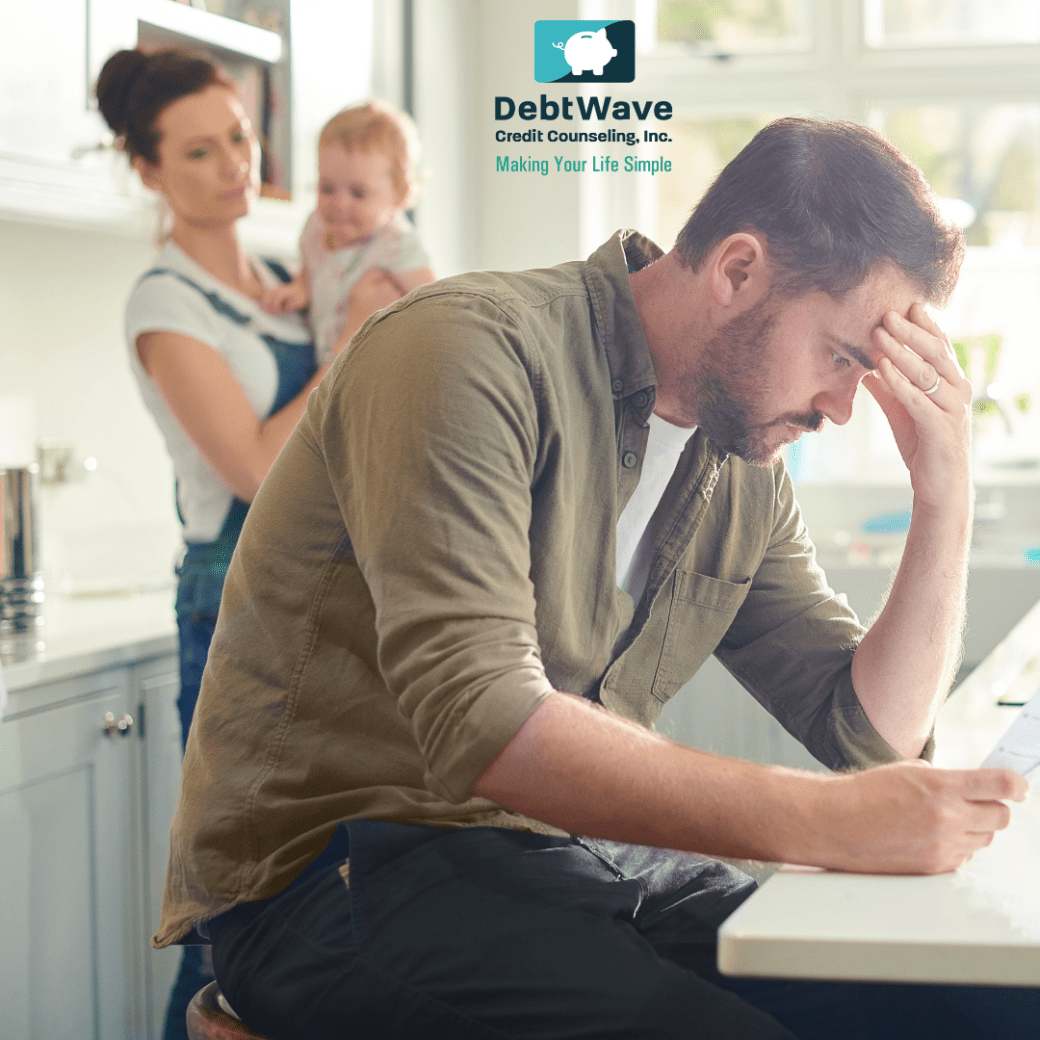If you’ve been on LinkedIn lately, it’s hard to miss the number of people sharing they’ve recently been laid off, especially in the tech industry. Losing your income can be incredibly scary, especially for those on a credit card debt-payoff journey.
Even if you still have a job, it’s hard to miss the constant news stories sharing that due to high inflation, rising interest rates, and fears of a recession looming on the horizon, many have reported that they haven’t received cost-of-living increases or pay raises that they were banking on.
If you’re recently unemployed or worried about your future employment, you may wonder how your income loss will affect your ability to pay off credit card debt.
Unemployed with Credit Card Debt: What to Do?
Make a New Budget
If you’re unemployed, you’ll likely have to temporarily live off severance, unemployment, or your partner’s income. This kind of dramatic change in your income means you will need to reevaluate your budget. The main goal of this new budget is to ensure you’re spending as little as possible while still paying your monthly bills.
This is a lot easier if you already have a budget in place, but in the chance you don’t, you’ll want to make a list of all of your expenses, such as housing, utility bills, groceries, entertainment, subscriptions, and personal care.
After determining your monthly expenses, you want to figure out exactly what your new income will be. Once you know how much money you’re bringing in, you want to figure out which expenses you need to cut – at least temporarily – so that you can continue to make payments toward the necessary expenses such as housing, groceries, and your credit card debt.
Why is it important to make your credit card debt payments a priority?
Your credit card debt may not feel like a priority when you’re unemployed, but the consequences of not paying at least the minimum payments toward your debt are tremendous and will likely have a massive impact on your financial future.
If you’re delinquent on your credit card debt, you may be charged a late fee, your credit score may drop, and a penalty APR may be applied. In other words, your debt won’t go away; it will likely get more expensive and become harder to pay off. The credit card company may even sue you and attempt to get a court judgment to garnish your wages.
Here’s what could happen if you don’t make any payment toward your credit card debt:
- After One Day: You may be charged a late fee. Check your credit card agreement to find out how much this fee will cost. You may also lose any promotional financing offers, like reduced APRs.
- After 30 Days: Your credit score may drop. After 30 days, the credit card issuer can report your late payment to the credit bureaus. The issuer can continue to report a late payment every billing cycle.
- After 60 Days: Your penalty APR can be applied. Penalty APRs are typically capped at 29.99 percent, although it may be lower depending on your credit card issuer. Your penalty APR is outlined in your credit card agreement.
- After 180 Days: Your account will close. However, you’re still responsible for the debt, which the credit card issuer or a third-party debt collector may collect. Charge-offs stay on your credit report for up to seven years.
Normally, the advice goes like this: Pay more than your credit card minimum. Paying just the minimum isn’t a good long-term plan because credit card interest charges can pile up quickly, adding to your debt. And if you pay only the minimum, it could take decades to eliminate your balances entirely, even if you didn’t add any new purchases.
But when you’re in survival mode, paying just the minimum is fine if it frees up cash for unexpected expenses and must-pay bills such as rent, mortgage, groceries, childcare, or car payments. In uncertain times, having cash on hand is more important than minimizing long-term credit card interest charges.
If you can’t afford to pay at least the minimum payments toward your credit cards, it’s important to contact your creditor immediately.
Credit card companies sometimes offer some financial hardship programs, like reduced minimum payments, reduced APR, waived fees, or credit card forbearance. Or they may recommend a credit counseling company that offers longer-term solutions, such as a financial hardship program like DebtWave Credit Counseling.
If your credit card company is not willing to work with you directly, they may be willing to work with you through a nonprofit credit counseling company. Credit counselors teach consumers how to make educated financial decisions about budgeting, money management, and debt management, and they advocate on your behalf to your credit card company.
One of the options a credit counselor may recommend to you is to enroll in a debt management plan, which is different from debt settlement. With a debt management plan, you’ll repay your debt in three to five years. And although your enrollment in a debt management plan may show up on your credit report, it won’t have a negative impact on your credit score like a debt settlement plan would.
To learn more about DebtWave’s financial hardship or debt management programs, contact us at 888-686-4040 or contact us online here.


